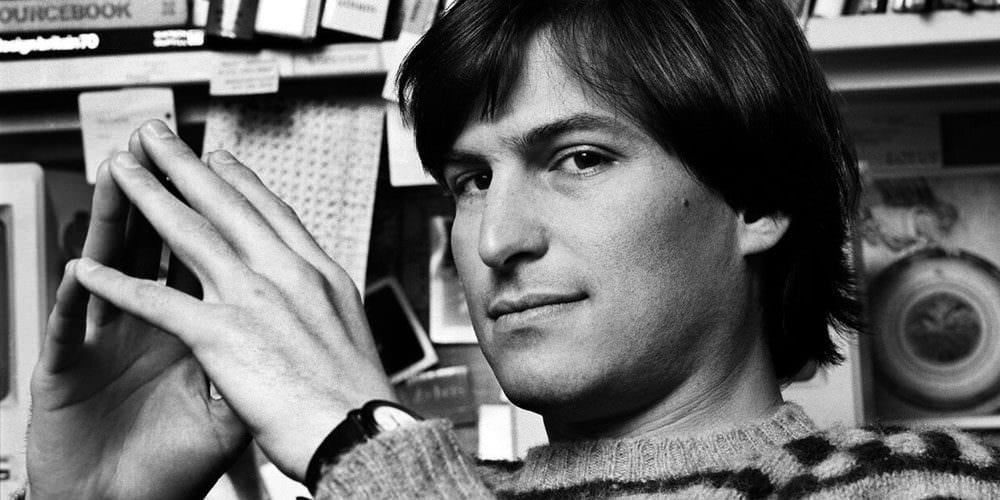Steve Jobs is most famous as the founder of Apple, but he also founded NeXT and led Pixar to incredible success. As an outsider, it’s easy to assume that Steve Jobs must have been working on lots of different things at once, but the tech visionary in fact credited much of his success to his laser-sharp focus.
At the 1997 Apple Worldwide Developers Conference, Jobs dropped this timeless piece of wisdom about what true focus entails:
“People think focus means saying yes to the thing you’ve got to focus on. But that’s not what it means at all. It means saying no to the hundred other good ideas that there are. You have to pick carefully. I’m actually as proud of the things we haven’t done as the things I have done.”
In today’s culture, business (that’s busy-ness) has been confused for productivity, and we spread our attention as thin as it will go in a misguided effort to accomplish all our goals. As Jobs sagely pointed out, this approach is destined for failure. Instead, he said, “Innovation is saying no to 1,000 things.”
The Importance of ‘No’
We’re often taught that “yes” is the magic word — the one that will open doors and lead to the kinds of opportunities that transform our lives and careers. The problem is that yes can also derail our current efforts and lead us to take on too much, ultimately causing endeavors to fail that would have otherwise succeeded with our focused attention. Instead of saying yes, protect your focus by saying no to these things:
1. Doing it all yourself.
“If you want it done right, you have to do it yourself.” We’ve all heard this saying before, and it leads many people down the wrong path. There are just 24 hours in each day, and getting things done means delegating. This lesson is particularly difficult for independently minded founders and entrepreneurs to learn, but it’s absolutely necessary.
To Jobs, the first step is to surround yourself with bright people. The next step is to step back and let them work: “It doesn’t make sense to hire smart people and tell them what to do,” he said. “We hire smart people so they can tell us what to do.”
2. Unnecessary complexity.
Simplicity is powerful, and it was a key aspect of Jobs’ approach to work. In a 1998 interview with Business Week, he explained, “That’s been one of my mantras — focus and simplicity. Simple can be harder than complex; you have to work hard to get your thinking clean to make it simple.”
According to Jobs, complexity, whether in a product or a business plan, is a sign that someone took the easy route. Instead of letting your life be ruled by unnecessary complexity, take the time to pare down complexity into something simple and elegant.
3. Quitting.
Jobs was a firm believer that much of success was about hanging in and going the distance. In a 1995 interview with the Computerworld Information Technology Awards Foundation, he explained “I’m convinced that about half of what separates the successful entrepreneurs from the non-successful ones is pure perseverance.”
How was he able to persevere, starting two companies and leading another to greatness? Passion. “Unless you have a lot of passion about this, you’re not going to survive. You’re going to give it up.”
4. Opportunities that don’t fit.
Opportunities come in all shapes and sizes, and it’s easy to get carried away when we come across the ones that look promising. While saying yes to them all will make you incredibly busy, it won’t make you happy or successful.
Like Jobs said, if you want to persevere, you need to pursue only the opportunities that move you the most and say no to the rest. It’s difficult, but the results are worth it.
Jobs taught many important lessons over the course of his life, but his ability to focus was what allowed him to achieve his goals and change the world.
If you want to find success in your own endeavors, you should take his advice to heart and learn how to say no. You may be surprised what you can accomplish when you do.
This article first appeared on inc.com








